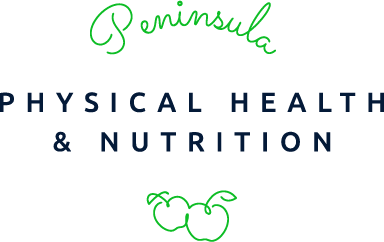Plant based milks for optimal nutrition
No doubt you have noticed an increase in plant-based milks on the supermarket shelf over the last few years and you may be considering making the switch from cow’s milk thinking that it is a healthier alternative. Plant based milks are a great alternative if you have a dairy allergy or are following a plant-based diet however they do not contain the same nutritional profile as cow’s milk and are generally lower in calcium and protein. Other than calcium and protein milk is also a good source of B12, iodine, riboflavin, phosphorous and potassium.
When making the switch it is important to note that not all plant-based milks are created equal and it is worth checking the ingredients list. Read the label and opt for calcium fortified, unsweetened varieties.
Below is a summary of the most popular alternative milks to help you decide which one is best for you.
Soy Milk
The original alternative plant based milk which has the closest nutritional profile to cow’s milk as all soy milks are calcium fortified and made with either soy protein or the whole soy bean. Double check the ingredients list to ensure additional sugar has not been added.
Almond Milk
One of the most popular alternative milks on the market. Almond milk is great when trying to lose weight as it is low in calories and fat. To get the most out of your almond milk check the percentage of almond in the ingredients list. Majority of the cheaper brands might only contain 2-3% almonds and the remainder of the formulation is filtered water. Look for at least 8-10% almonds to maximise the nutritional value and ensure it is calcium fortified.
Coconut Milk
Another popular milk and a regular inclusion on a low carb/keto diet due to its low carbohydrate content. Coconut milk is predominantly saturated fat. Saturated fat is linked to raising blood cholesterol levels. It is also low in protein which may lead to decreased satiety if not combined with higher protein foods.
Rice Milk
Made from milled rice and water it is higher in carbohydrate and sugar than almond and coconut milk and provides similar amount of calories to cow’s milk. Just like coconut milk, it is low in protein. Due its higher carbohydrate content it may not be a suitable option for managing diabetes or if you are following a low carb diet.
Oat Milk
Slightly higher in fibre than other milk alternatives. However it is also high in carbohydrates just like rice milk. May not be suitable for diabetes management however could be an alternative for individuals with a nut or soy allergy.





